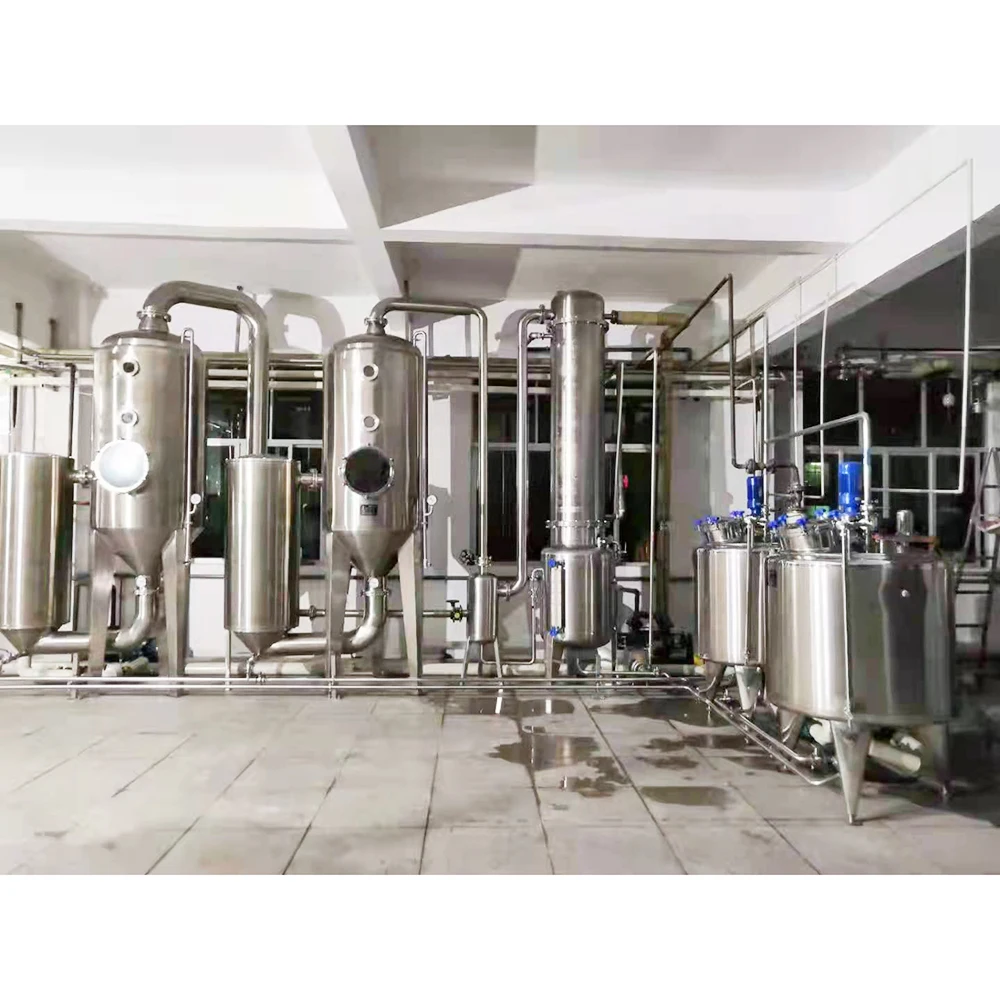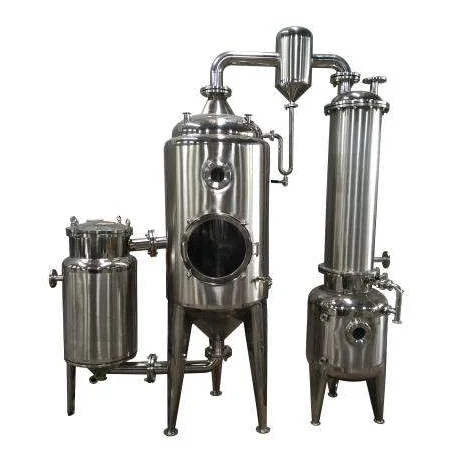ABOUT
Wenzhou Vince Machinery Science Co., Ltd. was established in early 1980s. Our company covers an area of 6500 square meters and is an independent legal representative firm, possessing rich economic technology strength. Our company is a high tech enterprise and plays an important role in national dairy, foodstuff, pharmacy and machinery industries. We are a beverage machinery supplier.
Since the establishment, our company has mainly engaged in dairy products, foodstuff, beverage machinery, bean products, yellow wine, medicines and fermentation projects. What's more, our company supplies a complete sequence services in manufacturing, installation, test and personnel train, as well as the whole direction service design and consulting service on product project construction or enlargement artistic distribution engineering sets budget.
A Brewer's Best Friend The Mashing Tank's Value
The mash tun is the heart of the brewing process, where the magic of transforming grains into fermentable sugars takes place. It's a critical piece of equipment that every brewer relies on, and understanding its role is essential for crafting delicious and consistent beers. This article delves into the significance of the mash tun and its various contributions to the brewing process.
The Conversion Process
The primary function of the mash tun is to provide an ideal environment for the enzymatic conversion of starches into fermentable sugars. This process, known as mashing, involves mixing crushed grains with hot water. The enzymes present in the grain, primarily alpha and beta amylase, work at specific temperatures to break down the starches into simpler sugars like maltose and glucose. The mash tun's ability to maintain a consistent temperature is crucial for optimal enzyme activity and efficient sugar conversion.
Temperature Control
The mash tun must have excellent temperature control capabilities to achieve the desired temperature profiles for different types of beers. The temperature range typically used in mashing is between 145-158°F (63-70°C), with each temperature range yielding a specific sugar profile and affecting the final beer's characteristics. The mash tun's design allows for accurate temperature control, ensuring that the enzymes can work effectively, resulting in the desired level of fermentable sugars.
Filtering and Sparging
After the mashing process is complete, the mash tun serves as a filtering system to separate the sugary liquid (wort) from the grain husks. The grain bed forms a natural filter, allowing the wort to flow through while retaining the spent grains. The mash tun is designed to facilitate this process by providing a consistent flow rate and ensuring that the wort is clear and free of any solid particles. Sparging, the process of rinsing the grain bed with hot water to extract more sugars, is also carried out in the mash tun, maximizing the yield of fermentable sugars.
Brewing Efficiency
The mash tun plays a significant role in achieving optimal brewing efficiency. By carefully controlling the temperature, filtration, and sparging, brewers can maximize the extraction of fermentable sugars from the grains. This translates to a higher final beer yield, leading to cost savings and improved profitability. A well-designed mash tun can significantly impact the efficiency of the entire brewing process, making it a crucial investment for any brewer.
In conclusion, the mash tun is more than just a vessel; it is an integral part of the brewing process. Its ability to facilitate enzymatic conversion, maintain temperature control, filter the wort, and maximize brewing efficiency makes it a brewer's best friend. Understanding the role of the mash tun and its importance is key to producing high-quality, consistent beers. Every brewer relies on this critical piece of equipment to transform grains into flavorful and complex brews.
SUBSCRIBE
INQUIRY




